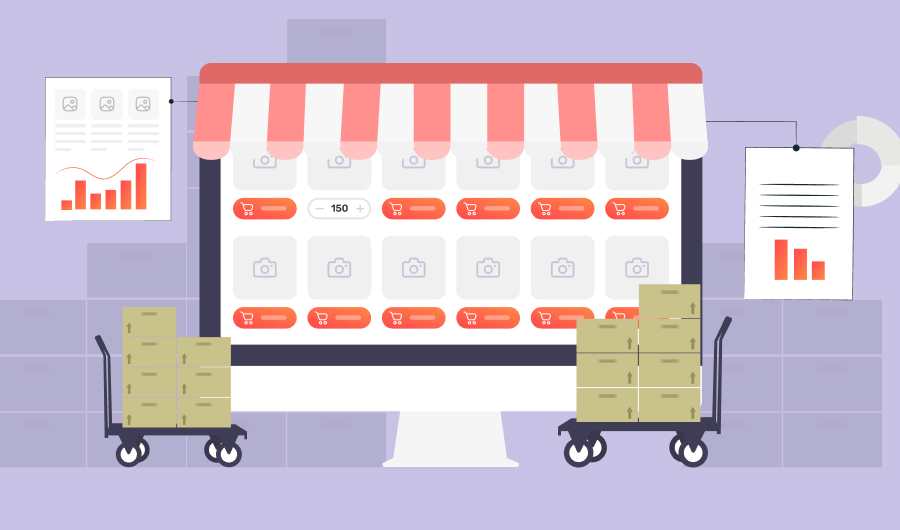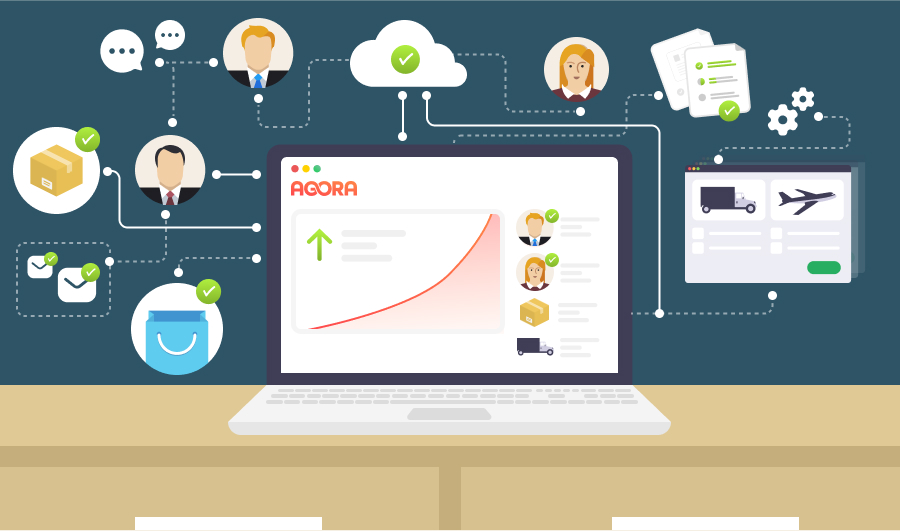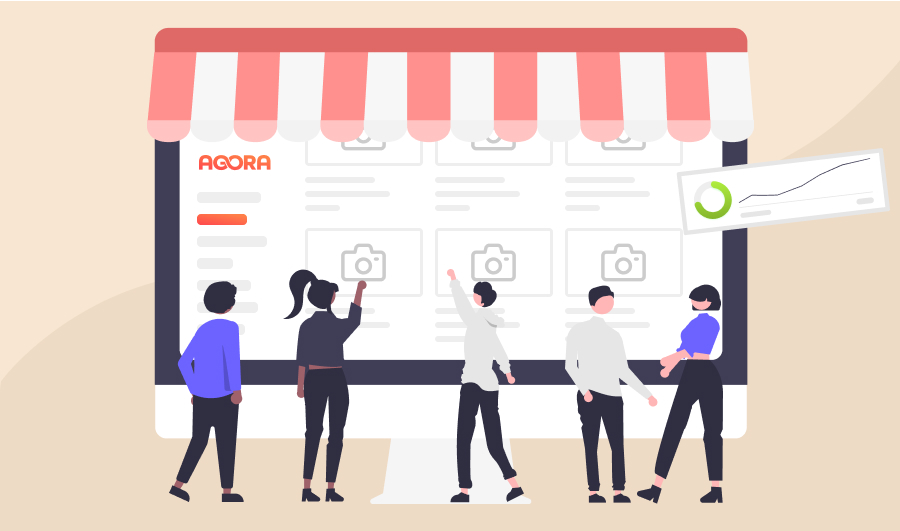
E-Commerce: how B2B buying decisions are made
Wholesale buyers often make buying decisions online, as well as retail buyers. If the first transaction with a new supplier turns out to be reliable, 83% of wholesale buyers will be willing to spend more.
As stated by Avionos experts, wholesale buyers, producers and consumers make a buying decision after having studied the product on the Internet, they prefer quality content that explains how well the product corresponds to the company’s goals and tasks, and they also choose self-service.
The place of making b2b buying decisions has changed: in 2022, 90% of b2b buyers study a product, then buy it online. What remained unchanged is the requirement for the ease with which b2b purchases are made.
In the opinion of Scott Webb, the CEO at Avionos, it is nothing new for the B2B sector: the ease of doing business has always been critically important for many companies.
However, the very definition of how easy it is for wholesalers to do business has changed. Earlier, it was influenced by three factors: first, the willingness of a manager to consult a client by phone, second, the response time of customer support, third, simple and clear descriptions of products in the catalogue. Nowadays, these factors have changed due to digital technologies.
The ease of doing b2b business is now determined by other principles, Webb claims. Wholesale customers prefer self-service, good products description, tools for procurement analysis and research, as well as availability of up-to-date information on an order and the opportunity to change it at any time.
“It is no revolution: we can’t say that people have significantly changed their approach,” states Scott Webb. “It is rather an evolution that has modified the assessment principles of the old criteria.”
According to Avionos, 54% of wholesale clients are more confident about making a purchase if suppliers offer detailed descriptions of goods. Besides, 43% of wholesalers believe that poor description of goods is the main disadvantage of b2b e-commerce online purchases.
“The main task of suppliers nowadays is to produce the highest quality content,” argues Webb. “If you do so, your relations with suppliers will be closer, and in the long run it will be more lucrative than the profit from your last b2b sale.”
That is why quality content is to become the priority of B2B e-commerce. Maximum information on a product in its description, personalized prices and discounts: all of it will be the key advantage of a supplier and will have a positive impact on online sales b2b.
“The more customers you transfer to self-service, the lower the costs of service will be. A free b2b sales manager can attract new customers, while an increase in the number of customers at the same company cost is a large competitive advantage,” claimed Webb.
Many suppliers continue improving their e-commerce tools, while Google and Amazon have achieved perfection. According to Avionos, 78% of wholesale buyers start their search for desired goods on Google or Amazon. Only 15% conduct their search on the supplier’s website.
However, as stated by Webb, trusted suppliers are still a success with their customers. Special opportunities of a client while choosing goods in the catalog and special prices stipulated in the contract contribute to this success. All of this boosts the growth of b2b sales.
“When it comes to goods availability, prices and supply contracts, suppliers are still winning,” claimes Webb. “However, they should not think that the terms of contract alone will keep their customers.”
Even while working with a loyal customer, it is necessary constantly expand the range of available services, provide the customer with personalization and information on the availability of goods and prices. All of it will be of additional value to the buyer, and will eventually produce results.
AGORAB2B provides services for the development of b2b online platforms for wholesale sales.
Also read


